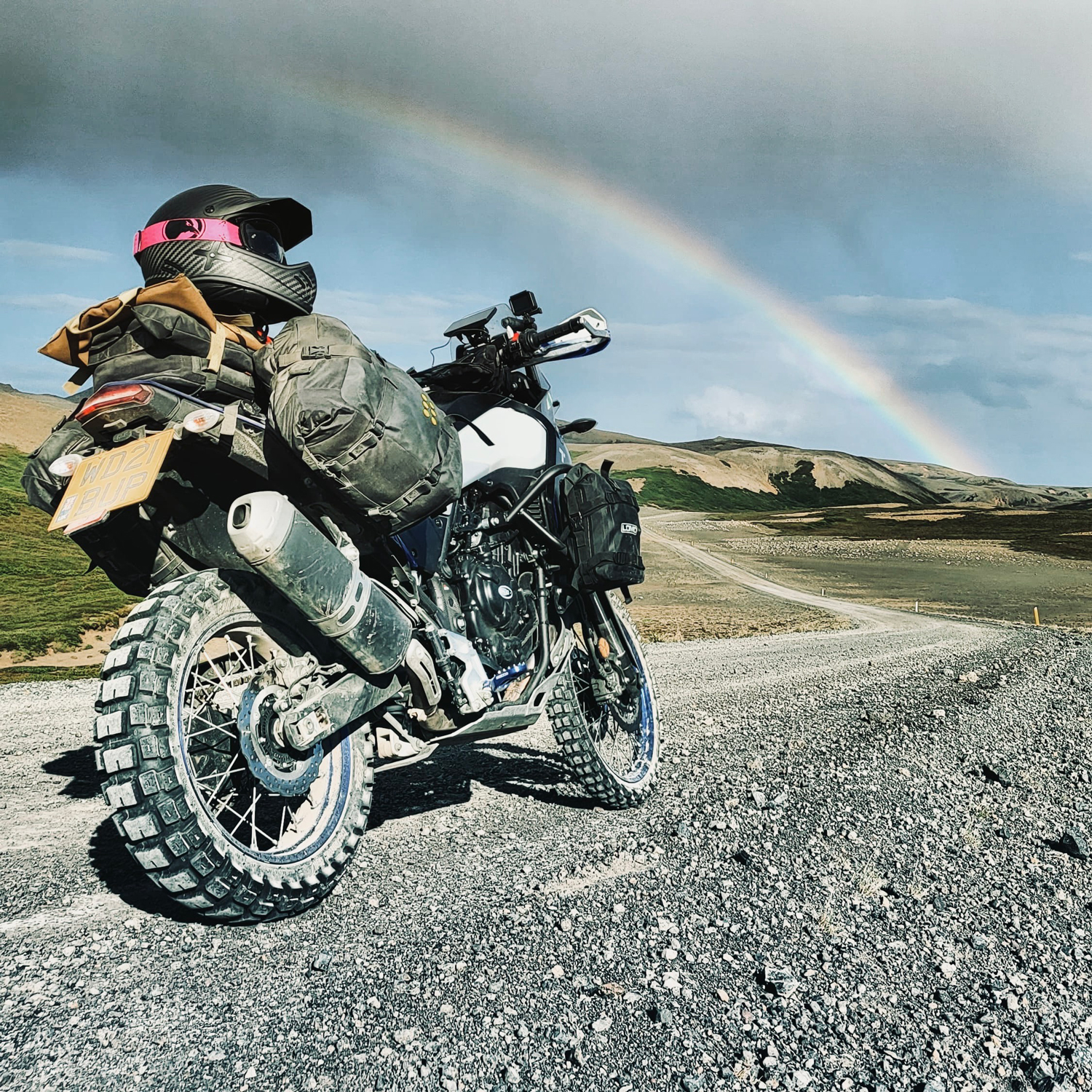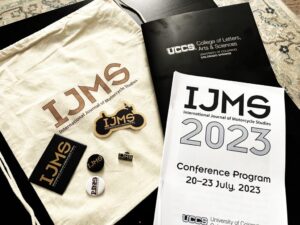This reflection builds on my experience presenting at the International Journal of Motorcycle Studies conference in Colorado Springs in 2023, where I was honoured to be invited to contribute to the Authenticity Roundtable featured in Volume 20 (2024). Engaging with leading scholars such as Steven E. Alford and Mathew Humphrey has provided a critical context in which to position and reflect on my own research about authenticity in motorcycling.
My paper employs autoethnography as a core methodological approach, using my personal experiences and narratives as a motorcyclist to explore authenticity from within the culture itself. This autoethnographic lens allows me to access the nuanced, often contradictory ways in which authenticity is performed, experienced, and contested on the ground—something that purely theoretical or outsider analyses may miss. Through detailed storytelling and reflexive engagement, my work captures how authenticity is negotiated in everyday encounters, from casual rides to club gatherings, and how it is deeply embedded in the embodied, sensory experience of riding.
Alford’s essay provides a powerful philosophical framework for understanding authenticity, drawing on Heidegger’s concept of “being-in-the-world” and the fundamental anxiety surrounding mortality that drives our search for an authentic self. He argues that authenticity is not just about external markers or social recognition, but a resolute confrontation with one’s own existence beyond social conformity (Alford, 2024). This philosophical depth resonates with my autoethnographic reflections, as I often confront my own struggles with identity and belonging within motorcycling spaces. However, while Alford emphasises individual existential confrontation, my work shows how this quest for authenticity is inseparable from social interactions, where belonging and exclusion shape the rider’s lived experience.
In dialogue with Alford, my autoethnographic approach reveals how authenticity is not a solitary achievement but a communal, performative practice. The anxiety Alford identifies often manifests in the policing of authenticity—who is a “real biker” and who is not—through markers such as bike type, riding style, and appearance. These boundary-making practices are sites where identity is both asserted and challenged, and my narratives illustrate how these moments impact individuals’ sense of self and community inclusion or marginalisation.
Humphrey’s contribution complements this by historicising the cultural images of the “real biker” and showing how media portrayals have long shaped popular and internal community perceptions (Humphrey, 2024). His work situates the myth of the “patch club” biker as a powerful but narrow cultural symbol, one that my autoethnography problematises through lived experience. By sharing my own stories and reflections, I bring nuance to these stereotypes, demonstrating the diversity and fluidity of authentic motorcycling identities beyond fixed cultural tropes.
Moreover, both Alford and Humphrey address the tension between individualism and community. Alford draws on Charles Taylor’s critique of modern individualism to argue that the Western ideal of the autonomous self complicates authentic belonging, while Humphrey reveals how cultural myths fix certain ideals that riders strive to embody. My autoethnographic work enriches this debate by showing how, in practice, riders negotiate this tension daily—balancing personal freedom and self-expression with the need for recognition and acceptance within social groups. Authenticity emerges as an ongoing process rather than a static state, deeply social but also intensely personal.
The strength of autoethnography lies in its ability to connect the micro-level of individual experience with broader cultural and philosophical themes, and my paper uses this to argue for a more inclusive and expansive understanding of authenticity in motorcycling. Rather than reinforcing narrow boundaries that separate “real” from “inauthentic” riders, my work advocates embracing the multiplicity of ways people relate to their motorcycles and each other. This stance challenges the exclusionary tendencies identified by Alford and Humphrey and suggests that a more authentic motorcycling culture is one that values diversity, empathy, and shared passion over rigid gatekeeping.
Additionally, Jason Wragg’s piece on solo motorcycle travel provides another complementary angle, exploring how solitary riding can foster a deeply personal form of authenticity rooted in direct experience of the road and self-reflection (Wragg, 2024). My autoethnography intersects with this by including both solo and social riding contexts, showing how authenticity is performed differently yet remains a central concern across these modes.
In sum, my work, through an autoethnographic method, contributes to the roundtable by grounding abstract concepts of authenticity in lived experience. It dialogues with Alford’s philosophical existentialism and Humphrey’s cultural historicism to propose that authenticity in motorcycling is not a fixed identity but an ongoing, relational practice—one that requires openness, reflexivity, and an expanded sense of community. This approach not only broadens the theoretical conversation but also offers practical insights for fostering more inclusive and authentic motorcycling cultures.


